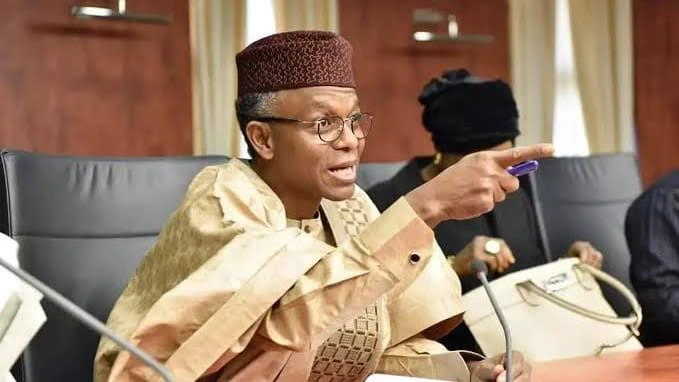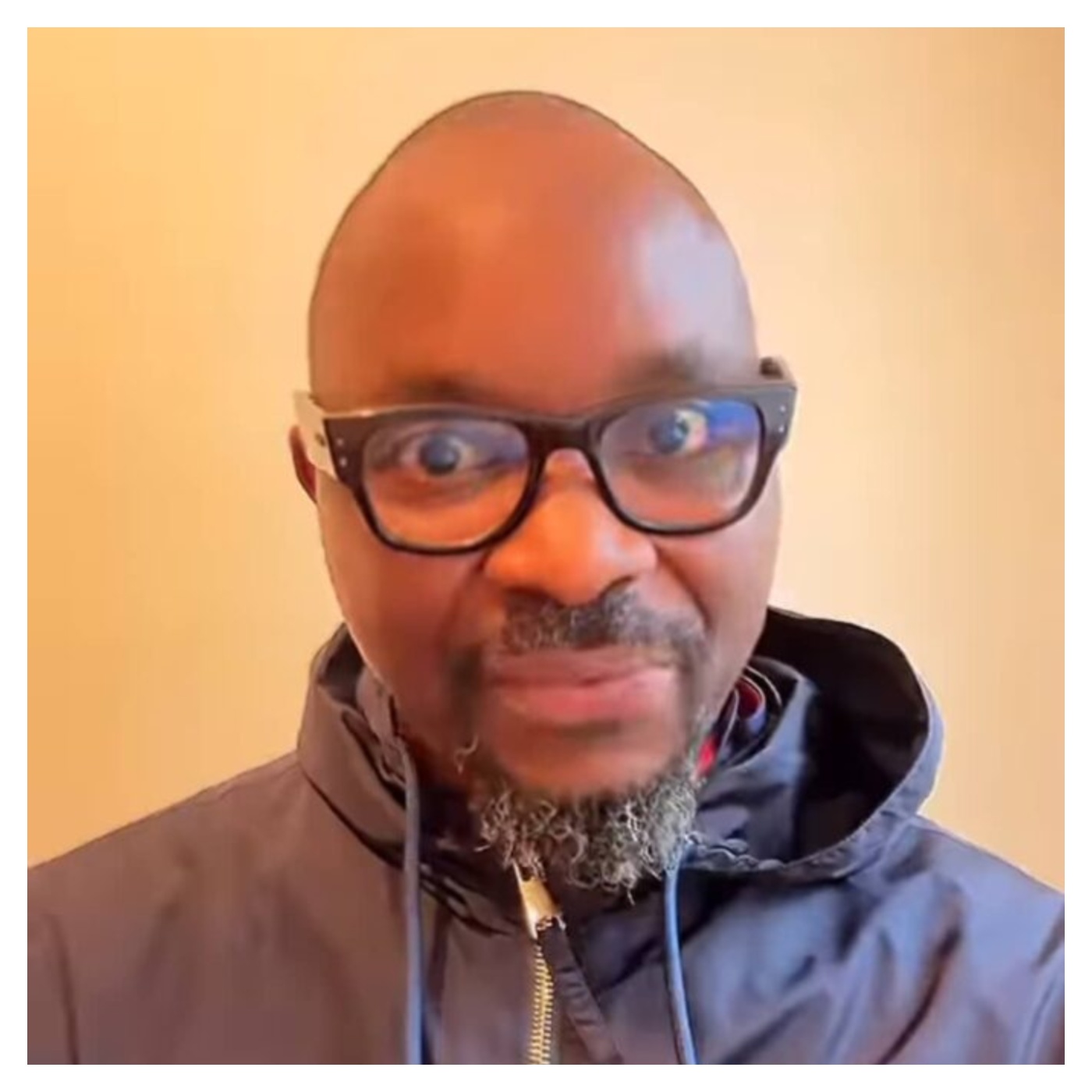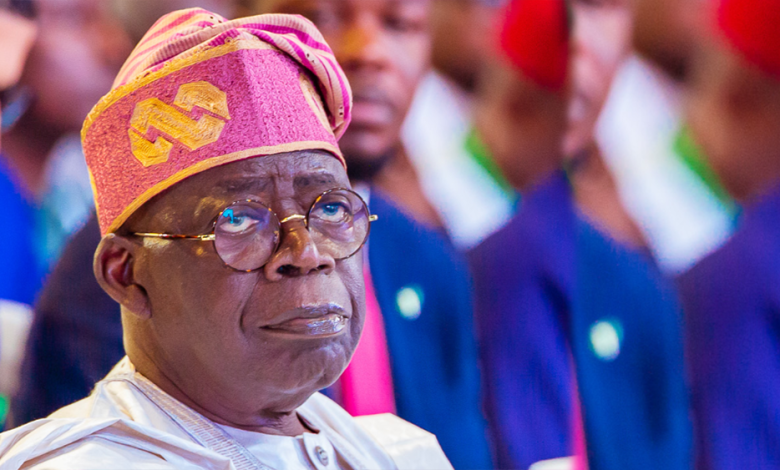Uncategorized
Chinese vaccines boost global cooperation against COVID-19

By Xie Yahong, Zhou Zhou, People’s Daily
So far, China has provided over 2.2 billion doses of COVID-19 vaccines for more than 120 countries and international organizations, and achieved an annual COVID-19 vaccine production capacity of one billion doses overseas by transferring technologies to and carrying out cooperation on vaccine production with more than 20 countries.
One of the projects between China and foreign countries on the production of vaccines is located in the Khalifa Industrial Zone, which is 60 kilometers north to downtown Abu Dhabi, the capital city of the United Arab Emirates (UAE).
Construction of the project jointly launched by Chinese pharmaceutical company Sinopharm and Abu Dhabi-based technology company Group 42 (G42), a vaccine production base to be built to a high specification, is well underway.
Two main factory buildings of the base begin to take shape, while the installation of indoor electromechanical equipment and outdoor piping and wiring systems is progressing in an orderly manner.
Dozens of technical professionals from China National Biotec Group (CNBG), a bioscience subsidiary of Sinopharm, are working at the construction site of the project, according to Naser Alyammahi, an executive from G42.
The professionals have actively shared their experience in vaccine manufacturing technologies, quality management, biosecurity management and other fields with their UAE counterparts, the executive pointed out.
“Members of the Chinese team came to the UAE at the most severe time of the COVID-19 pandemic. They have braved hot, windy and sandy conditions, worked hard and fully performed their duties, contributing to the China-UAE anti-pandemic cooperation,” said the executive, disclosing that the vaccine production base will be operated by Hayat Biotech, a UAE-based joint venture between Sinopharm CNBG and G42.
When completed, the production base will be the largest preparation, warehousing, and distribution center of multiple types of vaccines in the UAE and even the Middle East region. It will be able to manufacture many types of vaccines, including the COVID-19 vaccines with an expected annual production capacity of 200 million doses.
Over the past two years, China and the UAE have helped and supported each other, worked together to overcome difficulties, enhanced anti-pandemic cooperation and constantly deepened their comprehensive strategic partnership.
During this period, the UAE has become a regional center for the manufacturing, distribution and transportation of vaccines, as well as one of the countries with the highest COVID-19 vaccination rates in the world.
Clinical data collected in the UAE has proven that Chinese COVID-19 vaccines developed by Sinopharm have shown good performance in efficacy and safety and played a critical role in the global fight against the pandemic, said Alyammahi.
“The vaccine production base will significantly improve the capacity of the UAE for research, development, and production of biological medicine. Meanwhile, the benefits of local shipping and logistics services ensure a quick supply of vaccines to North Africa, South America, and other regions,” he added.
In Serbia, the Chinese-developed vaccines have been taken to more than 80 percent of the whole vaccination population. The antibody level in about 90 percent of those who received Chinese vaccines was considerably enhanced after the booster injection, according to the results of a study conducted by Serbian virologist Dr. Tanja Jovanović.
At present, the first Chinese vaccine factory in Europe is under construction in Belgrade, the capital of Serbia. After it is officially put into operation, the factory is expected to produce about 30 million doses of vaccines and fill 10 million doses of bulk inactivated COVID-19 vaccines annually. It will be able to satisfy the needs of Serbia and its neighboring countries for COVID-19 vaccines.
With the timely help of China, Serbia has effectively pushed forward with COVID-19 prevention and control and protected the lives of its people, Serbian President Aleksandar Vucic said in an interview.
Chinese COVID-19 vaccines have continuously promoted the development of global public health and the building of the global immunity barrier.
In December 2021, Nicaragua received one million doses of COVID-19 vaccines donated by China. The numbers of new confirmed cases, hospitalized cases and the death toll of COVID-19 in Nicaragua are all maintained at a relatively low level, which is attributed to Chinese vaccines, said Christian Toledo, director-general of surveillance at Nicaragua’s Ministry of Health.
China has provided vaccines for Nicaragua, which is a great thing that helps improve people’s livelihoods in the country, Toledo said.
In mid-May, a new batch of 2.5 million doses of China-donated COVID-19 vaccines developed by Chinese pharmaceutical company Sinovac arrived in Quito, the capital of Ecuador.
So far, more than 13.9 million people in the country have received two doses of COVID-19 vaccines, accounting for around 83 percent of the target population. About 53 percent of the COVID-19 vaccines Ecuador has received came from China.
Thanks to its relatively high COVID-19 vaccination rate, Ecuador has effectively brought the pandemic under control and is witnessing a steady recovery in social and economic development.
Sinovac has reached agreements with authorities of multiple Latin American countries, including Ecuador, Chile, Colombia and Brazil, on the establishment of factories for the manufacturing of vaccines including those against COVID-19.
Without Chinese vaccines, Ecuador’s vaccination schedule would have been severely compromised, said Ecuadorian Health Minister Ximena Garzon, who noted that China’s support is a guarantee of Ecuador’s defeating the COVID-19 pandemic.
Uncategorized
We’ve Known Each Other Since the 90s; I’m Qualified to Call Him a Scumbag – El-Rufai

Fabian
Former Kaduna State Governor and former Minister of the Federal Capital Territory, Mallam Nasir El-Rufai, has weighed in on the Senate’s decision to reject the inclusion of real-time electronic transmission of election results in the proposed electoral reforms.
Speaking in an interview with Trust TV, El-Rufai was asked to react to reports that some members of his party, the African Democratic Congress (ADC), including Peter Obi, staged a protest at the National Assembly on Monday over the issue. In his response, he stressed that electoral reforms must be approached transparently and without undue external influence.
El-Rufai expressed confidence that the Senate’s electoral committee would eventually recommend the reinstatement of the provision for real-time electronic transmission of results.
He noted that many senators are experienced public officials who have previously served as governors, ministers, and legislators, and are genuinely committed to strengthening Nigeria’s democracy. However, he argued that their efforts are being overshadowed by the actions of the Senate leadership, including Senate President Godswill Akpabio.
According to El-Rufai, the controversy should not be blamed on the Senate as an institution but on its leadership. He alleged that the presiding officer was acting under external pressure and not in line with the collective will of the majority of senators.
He further predicted that when the Senate reconvenes, lawmakers would be forced to unite, resist such pressure from the leadership, and ensure that the proposed reforms are not undermined.
In a strongly worded remark directed at Akpabio, El-Rufai said:
“I do not consider him distinguished. We have known each other since the 90s. He knows how far we’ve been through, and I think I am qualified to call him a scumbag—and he knows why.”
Uncategorized
Electronic Transmission: This Is Just a Warning Protest, We’ll Wait Till Tomorrow – Isaac Fayose

Fabian Apechihin
Businessman and activist Isaac Fayose has described Monday’s protest at the National Assembly complex as only a warning, insisting that more action may follow depending on the outcome of lawmakers’ deliberations.
A cross-section of Nigerians on Monday morning converged on the National Assembly to demand that electronic transmission of election results be made compulsory in Nigeria’s electoral laws.
Although the Senate has issued several clarifications amid reports that it rejected electronic transmission of results, protesters maintained that lawmakers must go further by explicitly inserting the phrase “real-time electronic transmission” into the proposed legislation.
In response to the public outcry, the Senate announced on Sunday that it would hold an emergency plenary session on Tuesday to address the concerns.
Speaking to journalists during the protest, Fayose said the decision taken at the emergency sitting would determine whether the demonstrations would continue.
“We all know what happens in a collation room,” he said. “A collation room is where you soak garri with water at night and by morning it has swollen and turned into eba.
“For Nigerians to be satisfied, what we need is electronic transmission of results. They are already trying to deny it. Let’s wait till tomorrow. This protest is just a warning.”
Fayose also questioned the logic of abandoning electronic transmission after huge investments had been made.
“Something we spent close to a trillion naira to achieve, you now want to throw it away? That’s like taking our money and dumping it in the gutter. It cannot happen,” he added.
Uncategorized
US Judge Issues Final Ultimatum as FBI, DEA Delay Release of Tinubu Records

Fabian Apechihin
A United States federal judge, Beryl A. Howell, has sharply criticised the Federal Bureau of Investigation (FBI) and the Drug Enforcement Administration (DEA) over what she described as deliberate delays in releasing records related to Nigerian President Bola Tinubu.
The documents are being sought through a Freedom of Information Act (FOIA) request filed in 2022 by transparency advocate Aaron Greenspan, with backing from investigative journalist David Hundeyin. The records are expected to provide details on a narcotics-related case from the early 1990s that led to Tinubu forfeiting $460,000 to the U.S. government—allegations he has consistently denied.
In a ruling delivered on February 3, Judge Howell of the U.S. District Court for the District of Columbia rebuked both agencies for repeatedly missing court-ordered deadlines, noting that the case has dragged on for more than three years without substantial progress.
She subsequently imposed new deadlines, warning that further delays would no longer be tolerated.
Greenspan, the founder of transparency platform Plainsite, filed the FOIA request in June 2022. In 2023, the FBI announced it would release approximately 2,500 pages of Tinubu-related records in monthly batches of 500 pages. However, the process stalled after Tinubu opposed the disclosure, requesting a delay pending the outcome of a Nigerian Supreme Court case challenging his election victory. He argued at the time that releasing the records would “adversely affect” him.
Although Judge Howell approved the temporary pause and Tinubu’s election was later upheld, the FBI and DEA continued to seek extensions, further slowing the release of records linked to longstanding allegations of involvement in cocaine trafficking.
Court filings show that the FBI was expected to submit an updated status report in May 2025, but delayed until January 2026, when it sought yet another extension to February—prompting sharp criticism from the court.
“Defendant FBI has produced no records, despite initially anticipating completion of searches by August 1, 2025,” Howell stated, adding that deadlines had been repeatedly shifted with “minimal explanation.”
She further noted that, like the DEA, the FBI had failed to provide a credible timeline for completing the processing and release of the requested documents.
Judge Howell also dismissed the DEA’s justification for withholding documents for more than six months under the guise of inter-agency consultations.
“Defendant DEA has produced some documents … but has repeated the same explanation for six months and four joint status reports concerning twelve remaining pages not yet released,” she said.
The court ordered the DEA to provide Greenspan with a Vaughn index detailing the legal basis for redacting 50 pages and withholding 172 pages of the records. The agency was also directed to submit sworn affidavits explaining, page by page, when the remaining documents were sent for consultation, expected review timelines, and steps taken to expedite the process.
Similarly, the FBI was ordered to file sworn statements accounting for its repeated failure to meet court deadlines and to begin releasing all non-exempt Tinubu-related records. The bureau was instructed to deliver an initial batch within two weeks of January 30, 2026, submit a detailed schedule for releasing the second batch of 500 pages by March 13, and complete full disclosure by June 1, 2026.
Judge Howell further ordered both agencies to file joint status reports every 14 days, starting February 27, until all responsive records have been processed and released.
-

 Uncategorized5 years ago
Uncategorized5 years agoFG, states urged to harness flooding for ranching, others with technology – Agbaje
-

 Headlines10 years ago
Headlines10 years agoBreaking: EFCC seals Borno House of Assembly, as Hon members take to their heels
-

 News12 years ago
News12 years agoNigeria Security Operatives Stage Manhunt For Homosexual Perpetrator
-

 News9 years ago
News9 years agoHow 21-year-old Girl fled community over accusation of lesbianism
-

 News10 years ago
News10 years agoYobe Gov Moves Against Deputy
-

 Opinion7 years ago
Opinion7 years ago7 signs she has friend zoned you
-
Technology4 years ago
Online job placement company headhunts women
-

 Headlines10 years ago
Headlines10 years agoBorno Dep Gov Abducts Another Church Leader





